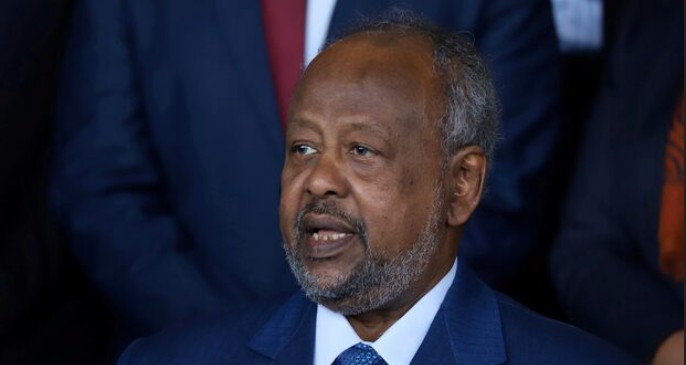Djibouti’s parliament voted unanimously on Sunday to lift the presidential age limit, opening the door for President Ismail Omar Guelleh to run for a sixth term in 2026. The amendment removes the constitutional restriction that barred anyone over 75 from running for the presidency.
Guelleh, 77, has ruled the small but strategically significant Horn of Africa nation since 1999. Djibouti’s location at the mouth of the Red Sea, near the Bab el-Mandeb Strait, gives it immense geopolitical importance, hosting military bases for the United States, France, and China.
All 65 parliamentarians present supported the constitutional amendment, according to parliamentary speaker Dileita Mohamed Dileita, who told AFP that the change aims to preserve “stability in a troubled region” surrounded by Somalia, Ethiopia, and Eritrea. The president may either approve the amendment directly or call for a referendum. A final parliamentary confirmation vote is expected on November 2.
The move was widely expected. In May, Guelleh hinted at the possibility of extending his rule, saying, “I love my country too much to embark on an irresponsible adventure and be the cause of divisions.”
Analysts say the development further consolidates Guelleh’s control over Djibouti’s political landscape. “There are protests on social media, but I fear that the opposition will not have the space to express itself,” said Sonia le Gouriellec, a Horn of Africa specialist at the Catholic University of Lille.
Djibouti has long faced criticism for its restricted political space and limited freedom of expression. Guelleh’s party, the Union for the Presidential Majority, dominates parliament, and in 2021, he was re-elected with more than 97 percent of the vote.
With a population of just over one million, Djibouti remains one of Africa’s smallest countries but holds an outsized role in global trade and regional security. If Guelleh runs again in 2026, it would further extend his more than two-decade grip on power

